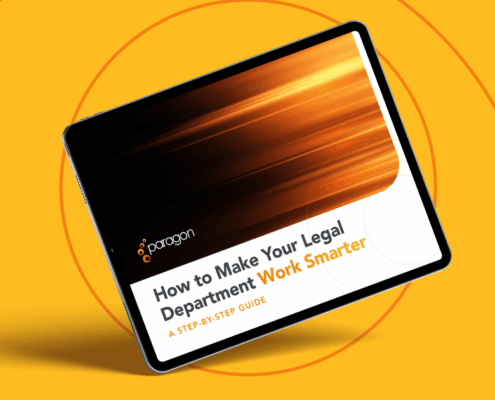Subscribe to our newsletter
Contact Us
2261 Market St.,
Suite 22304
San Francisco, CA 94114
info@paragonlegal.com
415.738.7870
For Clients
For Attorneys
© 2026 Paragon Legal Group LLC. Paragon Legal is not a law firm and does not provide legal advice.
Privacy Policy | Disclaimer | Accessibility Statement | Sitemap
Website design and developed by RainCastle Communications, Inc.






